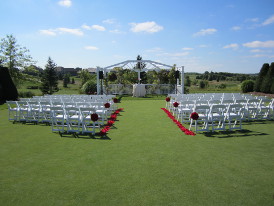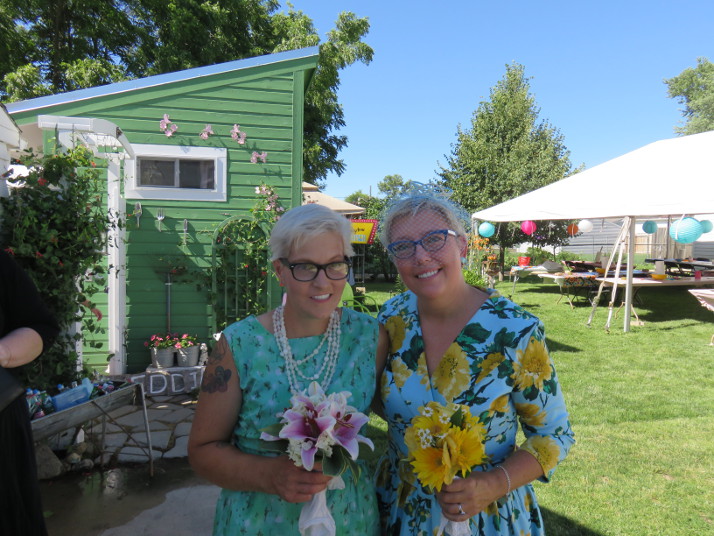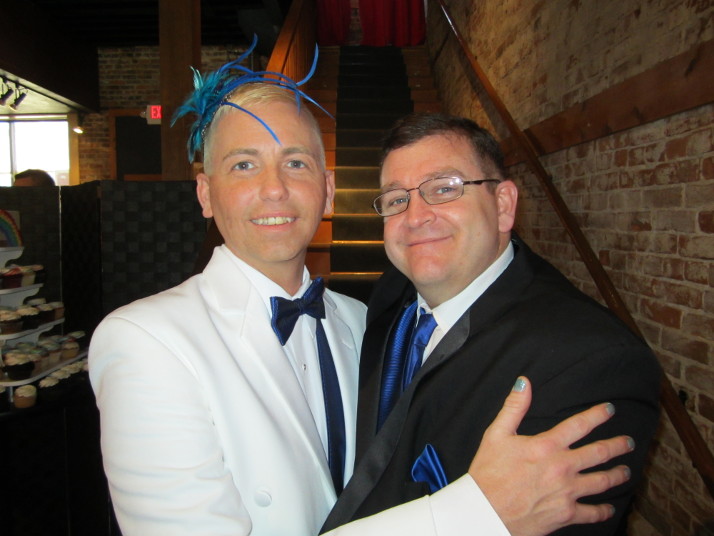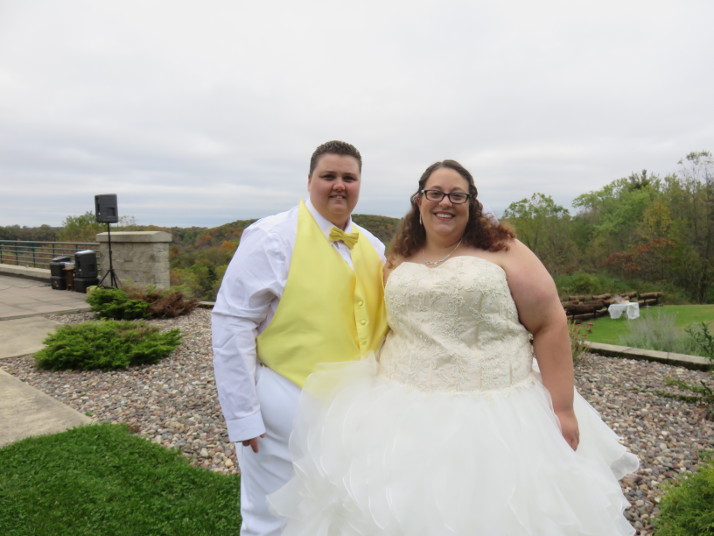Finding the Right Wedding Officiant
Finding the right wedding officiant can be as simple as asking your local minister, rabbi or priest. However, if you are looking for a secular/non-religious ceremony or want a personalized ceremony that focuses on you and the love you’ve found together, finding the right person can take a little more effort.
Finding the right wedding officiant isn’t hard, if you follow these steps:
- Decide what kind of ceremony you want. Are you looking for a more traditional ceremony, or do you want something more creative that reflects you as a couple?
- Next, make sure you have settled on a wedding date and ceremony venue. These are likely the first questions a potential officiant will ask you. If they are not available on the date and time you need them, there’s no reason to waste your time discussing your ceremony wishes further.
- Ask around. Perhaps you’ve been to a wedding that you thought was particularly special. Ask the couple for contact information for their officiant. Maybe co-workers or other acquaintances have recently married or attended a great wedding. They are another source of officiant names.
- Use the internet. A search for “Rochester wedding officiant” should turn up a number of options. You can check out websites to learn more about these folks. Things to look for include how they describe their services: does it sound like the kind of ceremony you’re looking for? Read any testimonials that are posted and see if they resonate with you. And check if they provide a page of Frequently Asked Questions – these can give you a good idea of how they work.
- Take the plunge and reach out to an officiant or two or three. Many officiants provide an online form you can use to contact them, and they all list email addresses and phone numbers. If you have identified more than one potential officiant it’s good to contact a few as some may be booked already.
When contacting a potential officiant, it’s best to begin by sharing your names, your wedding date, ceremony venue and ceremony time (if known). It’s great, but not necessary in this first communication to share anything that is important to you about your ceremony. Do you want a non-religious ceremony? Is there a particular unity ritual you would like to include? Do you want to write your own vows? This additional information will help the officiant determine if they might be a good fit for you.
Finding the right wedding officiant using the steps above helps you identify one or a few possible officiants for your wedding day. The next step is setting up an in person (or video chat/Skype/Facetime) meeting. Next week I’ll write about what questions you’ll want to ask when that meeting happens.





